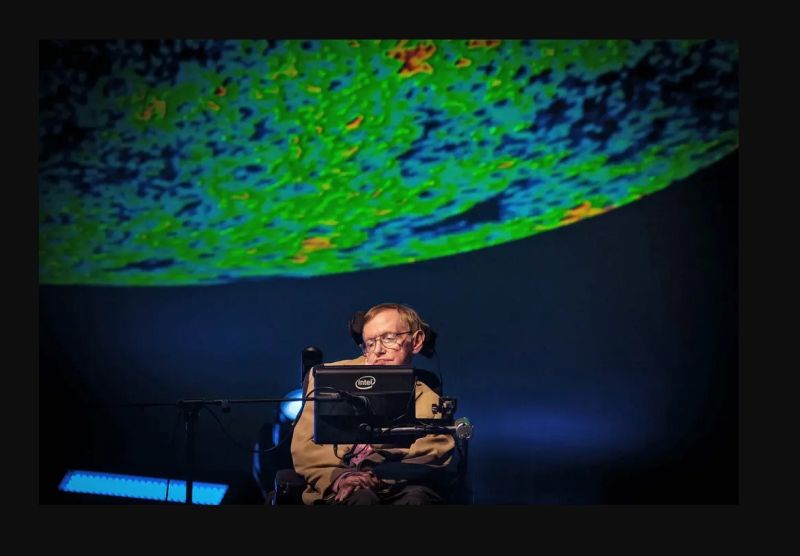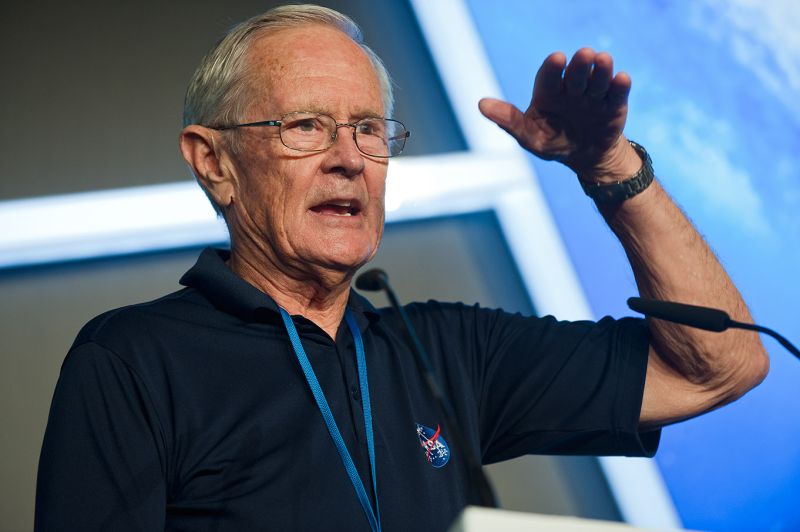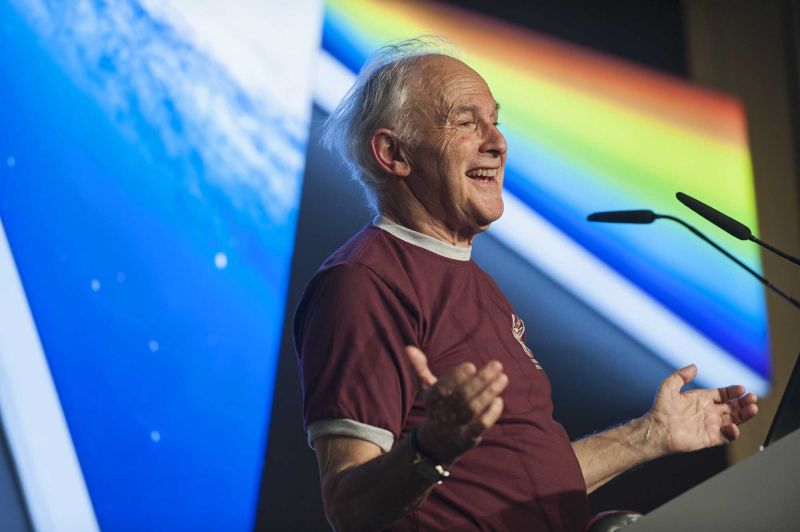From rhino with spider legs to secrets of black holes: Looking back at STARMUS II Festival
10 minute read

YEREVAN, AUGUST 1, ARMENPRESS. From the moment when the first rational man gazed into the starry sky, humanity has been captivated once and for all by the beauty and mystery of the endless Space. Even today, when science has reached major achievements and has brought the mankind further than ever, the Universe continues keeping secrets in its endless space, and their disclosure will remain one of the most important missions of the humanity.
STARMUS Festival, which aims at discussing and publicizing the secrets of Space, the latest discoveries and innovations of the scientific mind, is a unique platform to meet and talk about the future of humanity and the achievements of cosmology. All these, is, of course, accompanied by quality music which makes this unique Festival more complete and attractive.
Last week ARMENPRESS told about the first Starmus festival.
This week you can have a look back to STARMUS II, which is presented below.
STARMUS II: BEGINNINGS: THE MAKING OF THE MODERN COSMOS
The second Starmus Festival took place in 2014, on Tenerife and La Palma, Canary Islands, Spain. Talks at Starmus II included Nobel Prize winning astronomer Robert Wilson describing his joint discovery of the cosmic microwave background radiation; Astronomy Magazine Editor in Chief David J. Eicher asking whether the revolution in factual knowledge about the universe is being swamped by sci-fi and entertainment nonsense; Alexei Leonov speaking to the crowd about his space exploration experiences; and Richard Dawkins outlining what potential alien life forms might be like. The number of Starmus delegates swelled to 1,000.Talks also included an address by Brian May on stereo imaging of astronomical objects, with 3D glasses; and Stephen Hawking lecturing on the origin of the universe. Nobel Prize winning astrophysicist John Mather then foreshadowed science to come with the James Webb Space Telescope. The audience then screened a film, 51 Degrees North, with words by the film’s director, Grigorij Richters, who received musical contributions by May in the film. Stephen Hawking later delivered a second lecture on black holes. Rick Wakeman and English Rock Ensemble were joined on stage with Brian May performing legendary versions of Starship Trooper and 39. Moreover, Rick Wakeman has presented his composition titled "STARMUS".
More presentations followed, with Apollo 16 astronaut Charlie Duke describing his scientific procedures on the lunar surface during the mission; Nobel Prize winning chemist Harry Kroto then described his career and development of carbon nanochemistry; and Apollo 7 astronaut Walt Cunningham wondered about the future of exploration and the lack of a risk-taking, adventurous culture in the current world.
All speakers were trying to answer the biggest and still unanswered questions of the humanity: where do we come from and where are we going?
Maybe black holes aren’t really that black
Undoubtedly, the central figure of STARMUS II was renowned theoretical physicist Stephen Hawking. Hawking was the first to set out a theory ofcosmologyexplained by a union of the general theory of relativity andquantum mechanics. He delivered two lectures during the Festival. The first one was about the origin of the universe, and the second one – about black holes.
“The message of this lecture is that black holes are not as black as they are painted. They are not the eternal presence they were once thought. Things can get out of black hole both in the outside and possibly to another universe. So if you feel like you are in a black hole, don’t give up. There’s a way out”, he said.

Photo: Stephen Hawking lecturing on black holes
God-fearing Charlie Duke and atheist Hawking
STARMUS II speaker Charlie Duke, a lunar module pilot of Apollo 16 in 1972, who became the tenth and youngest person to walk on the Moon, at age 36 years and 201 days, made an interesting lecture about his experiences on the Moon. Stephen Hawking missed his lecture, and STARMUS festival founder Garik Israelian organized one more lecture of Duke for around dozen people, including Hawking and Brian May. The first part of Duke’s lecture was dedicated to the experience on the Moon, and in the second part the austronaut was talking about his subsequent relationship with God.

Photo: Charlie Duke telling about Apollo 16 mission on the Moon
Co-founder of the festival Brian May remembers how Stephen Hawking went into typing mode as soon as Charlie had finished. “Eventually Stephen activated the voice read-out of what he had written. That unforgettable mechanical voice said (I hope I remembered this right) “God must have a great sense of humor”.
Hawking himself will answer the question you are interested in
STARMUS II founders organized “AskStephenHawkinga question” contest for science-lovers. Before the launch of STARMUS II, they sent their questions, after which jury selected 5 of them and they had a chance to get the answers of their questions from Hawking himself during the festival.

Photo: Science-lovers take a photo with Hawking at a stage of the festival
Young people should be taught to ask questions
One of the problems of the education system now is that many people do not look for evidence, Nobel Prize winning chemist Harold Kroto, famous as an advocate of science education, said. “Young people should be taught to ask question- how do I know what you’re telling me is true”.

Photo: Harold Kroto talking about importance of education
“People accept things they are being told depending on how much respect they have for that particular individual without knowing evidence. So it doesn’t matter whether it’s global warming, or it’s mystical beliefs, or it’s this then the other. The most important thing is to find out how you can decide what you are being told is true”,
he said, once again urging the young people not to accept everything as a final fact and continue asking questions trying to find new answers and reveal new truths.
Evolutionary biologist talks about possible versions of alien life
Humanity shouldn’t be too surprised to find that alien life is similar to that on Earth – but possibly with a few modifications depending on their environment, Richard Dawkins, a renowned evolutionary biologist, has said.
“How much of life on this planet just happens to be true for life on other planets?” Dawkins asked. He backed Darwinian evolution, a theory coined by naturalist and geologist Charles Darwin. This theory of evolution states that life reproduces in such a way that traits are passed on, which enable life to compete and survive. For instance, Giraffes have had to evolve to have longer necks in order to reach trees for food.
“I’m betting my shirt that alien life is likely to be Darwinian life”, Dawkins said.

Photo: Richard Dawkins presents possible versions of alien life
Addressing a question “what would this life look like if conditions on these planets were different”, the evolutionary biologist thinks it’s possible that life would feel the effects of a change in gravity. On a world with low gravity, a mouse would be likely to have similar proportions to a rhino. A rhino on the other hand, would have extremely spindly legs akin to a spider or crane fly.
He also didn’t rule out the possibility of lifeforms being able to grow wheels, that would enable them to move around, or alien life that’s able to use radio frequencies in their day-to-day lives.
Coming back to our Solar System, the biologist also didn’t rule out the possibility of finding one day some kind of life-form on the Red Planet. “But what does that mean if we do? “We’d know for certain that the universe was crawling with life,” Dawkins said.
STARMUS II featured in a book
The festival co-founders authored a book “Origins of the Cosmos”, which features the event’s highlights.

Read also
